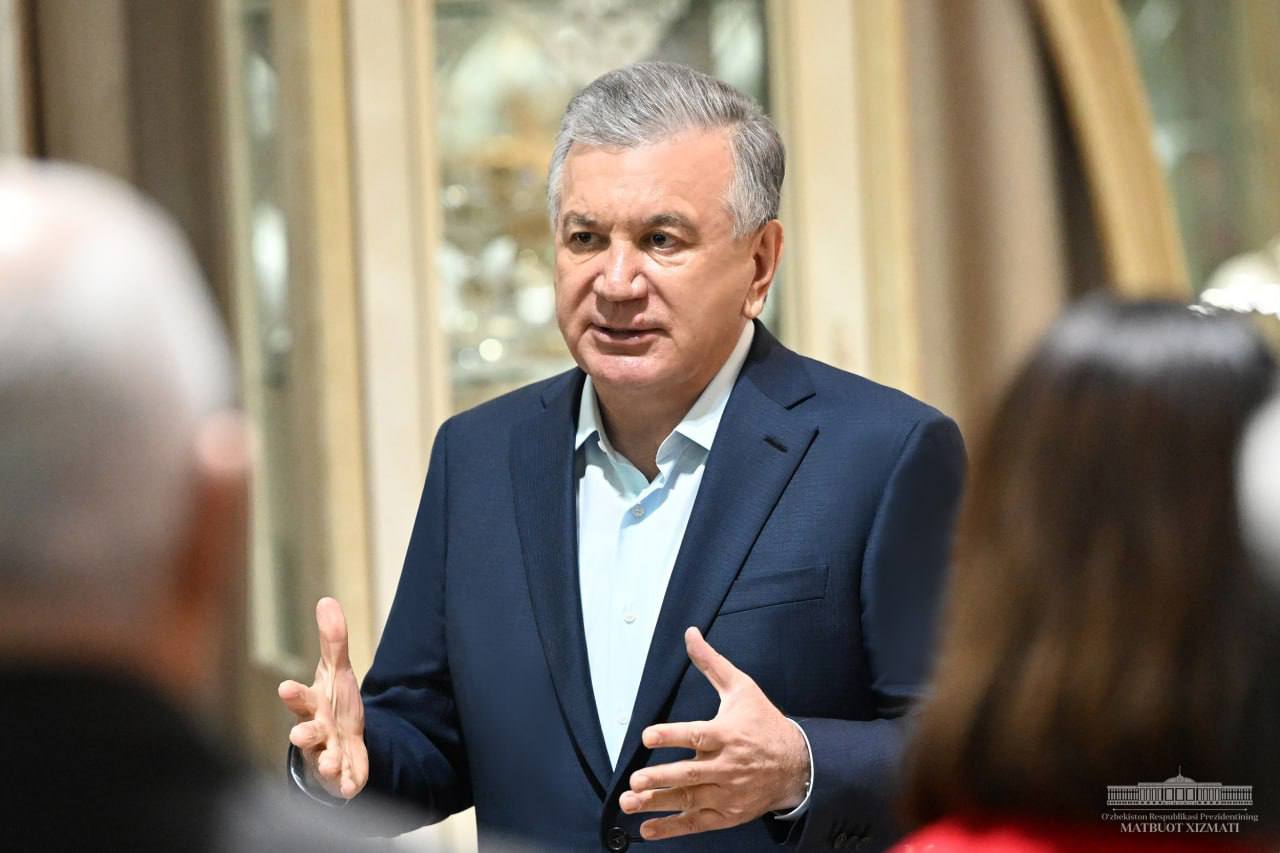President of Uzbekistan, Shavkat Mirziyoyev signed into law the on the privatization of state property, on February 14. The document, published by UzA, outlines the principles and procedures governing the sale of state-owned assets to individuals and non-state entities.

The law outlines several methods through which privatization can be executed, including auctions, competitive bidding, public invitation to negotiations, competitive dialogue, exchange trading for blocks of shares, and incorporation of state shares into the authorized capital of enterprises. Additionally, the inclusion of property complexes into the authorized capital of joint-stock companies or limited liability companies, as well as the transfer for rent with subsequent privatization, are also provided as avenues for privatization.
The specific method of privatization is determined by UzSAMA and its regional departments, which also undertake the inventory of objects, establish starting prices based on reports from independent appraisers, and work to enhance investment attractiveness.
Transparency and accountability are paramount throughout the privatization process, with mandated publication of information about privatization initiatives and outcomes on the official websites of UzSAMA, as well as those of involved sellers and investment intermediaries. The law is set to come into force three months after publication.
Uzbekistan's privatization drive
UzSAMA oversaw the rapid privatization of state-owned enterprises (SOEs) to domestic and international investors in 2021. Significant progress has been made, with the privatization program gaining momentum in recent years. Notably, the cotton sector has been fully privatized, and wheat production was on track for completion by the end of 2022.
The Coca-Cola bottling plant was successfully privatized, with Turkish Coca-Cola İçecek (CCI) Group acquiring the government's stake after a competitive auction process. International consultants, like Rothschild & Co. and Denton’s, have played crucial roles in ensuring transparency and fair valuations. The government's commitment to privatization is evident, with over $250 mn worth of deals closed during an economic forum in September in 2021.
Privatization extends beyond traditional sectors, with real estate assets, including hotels like Hotel Uzbekistan, also being sold off. In 2021, the banking sector was undergoing significant reform, with Poytaxt Bank already privatized and agreements signed with international partners to develop digital banking services in Uzbekistan.
UzSAMA emphasizes transparency and fairness in the privatization process, enlisting international consultants and adhering to high standards of governance. The adoption of International Financial Reporting Standards (IFRS) and the involvement of international financial institutions (IFIs) further enhance transparency.
In 2021, legislative reforms were ongoing to refine the privatization framework and improve valuation mechanisms. The government aimed to reduce its share in the economy by 75% by 2025, with plans to privatize the largest 15 state-owned companies, including Navoi Mining and Metallurgical Combinat, via IPOs.
Reforms to bolster capital market
With comprehensive measures targeting various facets of the capital market, including infrastructure enhancement, legislative and regulatory reforms, stimulation of market activity, and protection of minority rights, Uzbekistan is poised to attract increased international investment and participation.
The establishment of key entities such as the Central Securities Depository and the National Clearing Center, alongside regulatory advancements through the National Agency of Perspective Projects, demonstrates Uzbekistan's commitment to fostering a conducive environment for capital market development. Moreover, initiatives such as the regulatory sandbox regime and international connectivity efforts underscore the nation's readiness to engage with global financial markets and standards.
By incentivizing pension investments, providing tax exemptions, and extending benefits to IPO participants and corporate bond investors, Uzbekistan aims to stimulate market activity and encourage domestic and international participation. Furthermore, measures to protect minority rights, including mandatory dividend distributions and regulatory interventions, reflect the government's commitment to ensuring fairness and transparency within the capital market ecosystem.
Earlier Daryo reported that during a meeting on January 16, President Shavkat Mirziyoyev voiced his discontent with the slow pace of the privatization program in Uzbekistan. He criticized Akmalkhon Ortikov, the director of the Agency for State Asset Management (UzSAMA), pointing out inconsistencies in meeting privatization goals.
Comments (0)